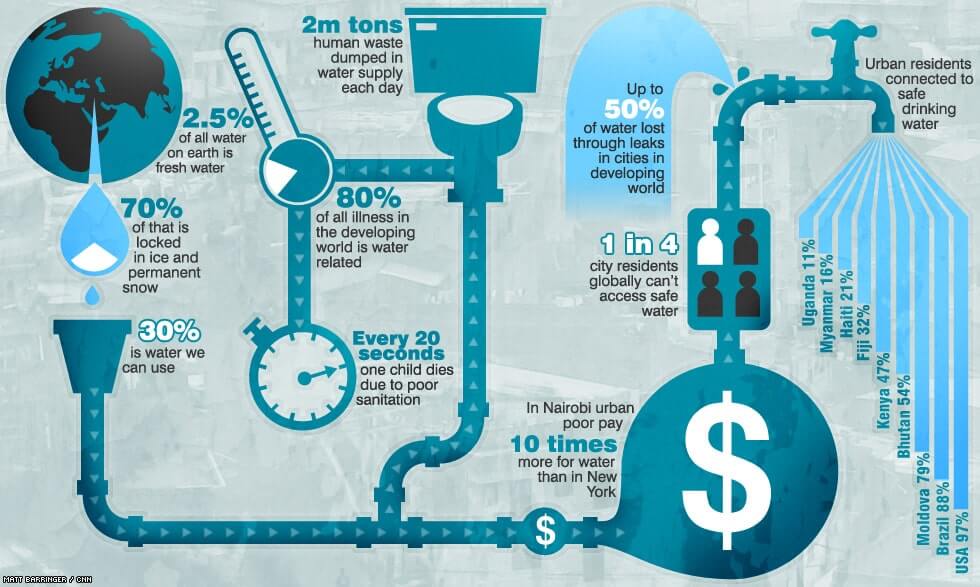The Future Of Home Heating - Exactly How Heatpump Innovation Is Evolving
The Future Of Home Heating - Exactly How Heatpump Innovation Is Evolving
Blog Article
Published By-Baker Goff
Heatpump will be an important modern technology for decarbonising home heating. In a situation consistent with federal governments' announced power and environment commitments, their international ability doubles by 2030, while their share in heating rises to one-quarter.
They function best in well-insulated homes and rely on electrical energy, which can be supplied from a renewable power grid. Technological developments are making them a lot more efficient, smarter and cheaper.
https://franciscolgfzt.blogdeazar.com/29440824/exposing-typical-misconceptions-and-mistaken-beliefs-concerning-heat-pumps utilize a compressor, cooling agent, coils and followers to move the air and warmth in homes and home appliances. They can be powered by solar energy or electrical energy from the grid. They have been gaining popularity because of their low cost, quiet operation and the ability to produce electrical power throughout peak power need.
Some companies, like IdaTech and BG MicroGen, are working on fuel cells for home heating. These microgenerators can replace a gas boiler and create a few of a home's electric demands with a connection to the electrical energy grid for the rest.
Yet there are reasons to be cynical of using hydrogen for home heating, Rosenow says. It would be pricey and ineffective contrasted to various other innovations, and it would contribute to carbon emissions.
Smart and Connected Technologies
Smart home technology enables property owners to attach and manage their tools remotely with making use of mobile phone applications. As an example, clever thermostats can learn your home heating preferences and automatically adapt to enhance energy intake. https://costtoaddcentralair44443.dsiblogger.com/62149534/exposing-common-misconceptions-and-misconceptions-about-warmth-pumps can be managed with voice commands and instantly switch off lights when you leave the room, minimizing power waste. And wise plugs can check and manage your electric use, permitting you to identify and restrict energy-hungry home appliances.
The tech-savvy home illustrated in Carina's interview is a great illustration of how owners reconfigure area home heating techniques in the light of new wise home innovations. They rely on the devices' automated attributes to execute daily modifications and concern them as a practical ways of performing their home heating practices. Thus, they see no reason to adapt their methods additionally in order to allow flexibility in their home energy need, and treatments aiming at doing so might deal with resistance from these families.
Electrical energy
Given that warming homes make up 13% of US discharges, a switch to cleaner options can make a big difference. But the technology deals with challenges: It's expensive and requires considerable home improvements. And it's not constantly compatible with renewable resource resources, such as solar and wind.
Until recently, electrical heat pumps were too expensive to take on gas designs in many markets. Yet new technologies in style and materials are making them extra budget-friendly. And please click the next page is allowing them to operate well also in subzero temperature levels.
The next action in decarbonising heating might be the use of warmth networks, which draw heat from a central source, such as a close-by river or sea inlet, and distribute it to a network of homes or structures. That would minimize carbon emissions and allow families to capitalize on renewable energy, such as eco-friendly electrical energy from a grid supplied by renewables. This choice would certainly be less pricey than changing to hydrogen, a nonrenewable fuel source that calls for brand-new framework and would just reduce CO2 emissions by 5 percent if paired with enhanced home insulation.
Renewable Energy
As electricity prices go down, we're starting to see the same pattern in home heating that has actually driven electric automobiles into the mainstream-- but at an even faster speed. The solid environment situation for electrifying homes has been pressed further by brand-new research.
Renewables account for a significant share of contemporary warmth usage, however have been provided limited plan attention globally contrasted to various other end-use industries-- and also less focus than electrical energy has. Partly, this shows a mix of customer inertia, split incentives and, in lots of nations, subsidies for fossil fuels.
New technologies might make the shift less complicated. For instance, heat pumps can be made a lot more energy reliable by replacing old R-22 cooling agents with new ones that do not have the high GWPs of their precursors. Some experts also envision district systems that attract heat from a nearby river or sea inlet, like a Norwegian fjord. The cozy water can then be made use of for heating & cooling in a neighborhood.